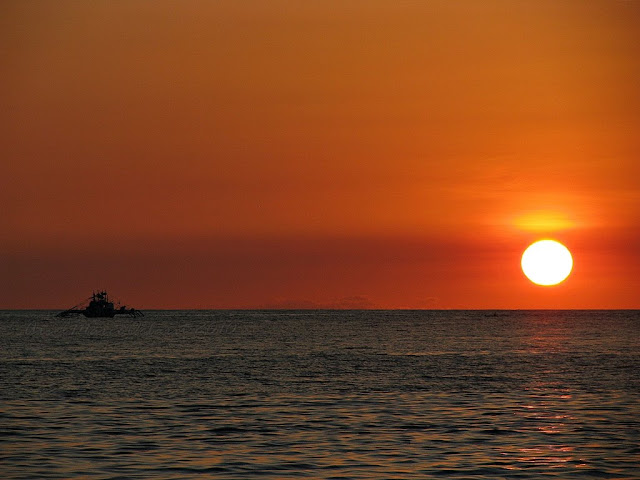Young students convey their love for books and reading in a Dance Move contest during the 6th Book Lovers Convention held over the weekend in Koronadal City, South Cotabato.
The convention, held yearly in time with the annual National Book Week celebration, gathered more than 260 participants from 4 colleges/universities, 8 high schools, and 4 elementary schools of the SOCSKSARGEN region, and from one college/university of Davao City. This year's was hosted by the Federation of Book Lovers Club-Socsksargen and the Notre Dame of Marbel University-IBED. Participants went through 2 days and a night of educational and fun-filled activities (library tour, story-telling, and book sharing activities; spelling bee, read-a-thon, dance move and poetry in motion contests, etc.) all aimed at instilling and spreading the love for books and reading and in fostering camaraderie among book lovers and reading advocates. The convention carried the theme of this year's (76th) National Book Week celebration: Global Linkages through Books and Information Communication Technology.
The Dance Move contestants executed their routines to the tune of Gotta Keep Reading [The Black-Eyed Peas; Nasrallah-Berg, Ocoee Middle School]








